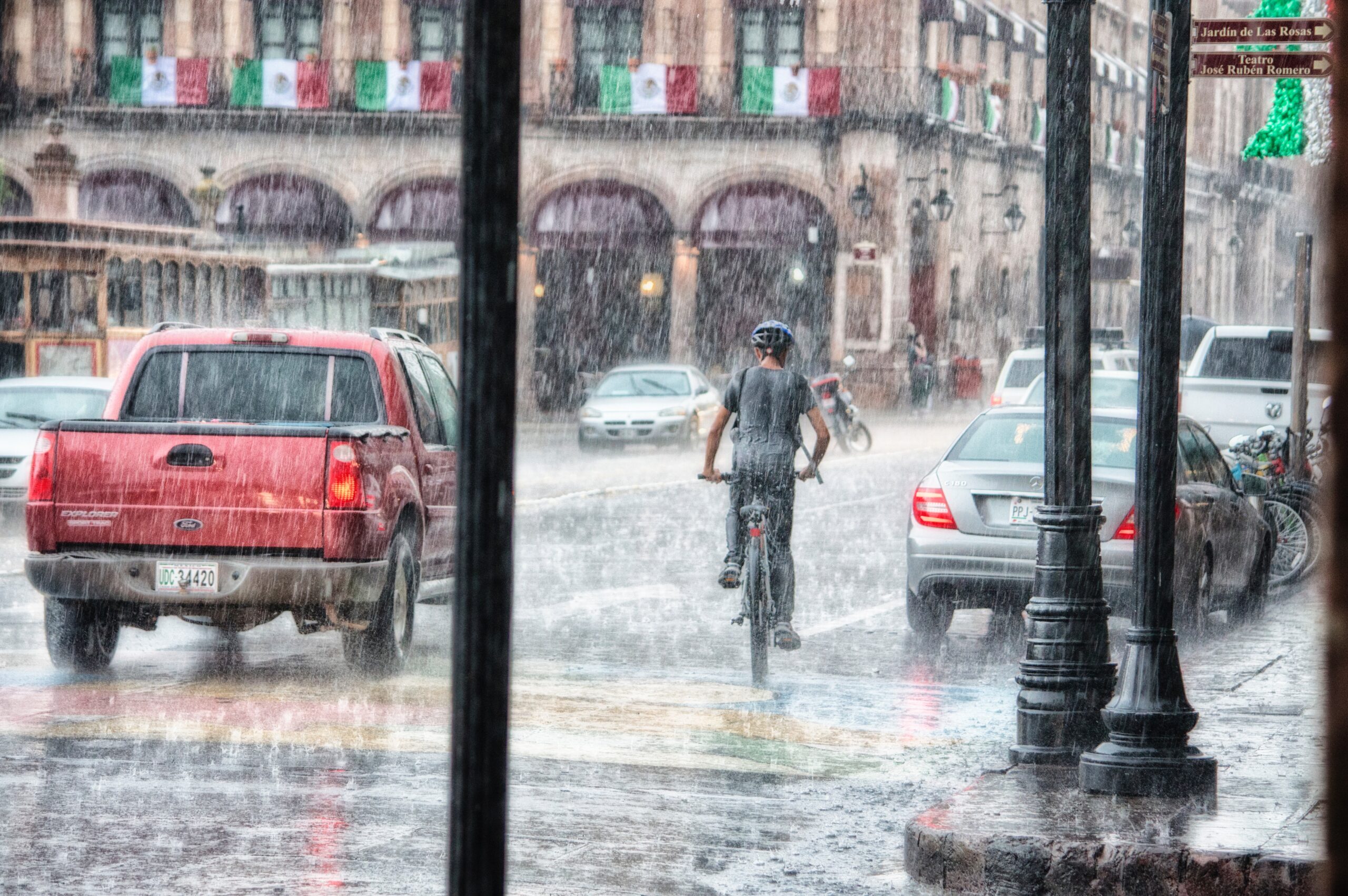South Africa is facing extreme weather this weekend with level five and nine warnings for rain issued in Gauteng, KwaZulu Natal, Limpopo and Mpumalanga and an extreme discomfit advisory issued for North and Western Cape. In both instances, the best advice is to stay off the roads but if you cannot, follow these tips.
Driving in rain
- Adjust speed to conditions.
- Turn on your headlights, if they are not on already.
- Aquaplaning is one of the biggest risks in rainy weather. If you aquaplane, slowly lift your foot from the accelerator but do not brake harshly or move the steering wheel violently.
- Leave larger following distances for extra time to respond to challenging situations.
- If you start to skid, do not slam on brakes and continue steering in the direction you want to be, without making any harsh adjustments.
- If you feel that it is safer to pull over, avoid stopping on the shoulder of the road and rather stop at a petrol station where possible.
Pools of water:
- Avoid driving through water – less than 15cm of water can lift a car
- Roads that collect water are more vulnerable to collapse and it is easy to underestimate depth.
- Where possible, drive in the middle of a road that is collecting water.
- Never drive through fast flowing water.
- If you drive through a pool of water, lightly touch your brake a few times to dry them off afterwards.
- If you stall and are not in danger of being swept away, do not restart. Rather get the car checked to ensure no water is in the engine.
- If you feel the vehicle losing grip with the road, open the door to let some of the water in which may help weigh you down and allow the tyres to grip the road again
- If you are in danger of being swept away leave the vehicle if you can do so safely.
High temperatures
- Use the air-conditioner. Open windows cannot regulate temperatures as well as air-conditioners.
- Stay hydrated. Dehydration is very dangerous if it occurs behind the wheel. If you think you are dehydrated, find somewhere safe to stop and seek assistance
- Keep car maintenance up-to-date. Ensure your car has coolant to handle the higher temperatures.
- Inflate your tyres correctly. Underinflated tyres cause more friction and thus heat. You are also at risk of a blow out with overinflated tyres as air expands with heat.
- If your engine starts to overheat, pull over immediately. Driving further can cause serious damage.
- Be careful of the steering wheel and seats when returning to a vehicle – temperatures can easily reach over 40°
- Do not leave people or animals waiting in a car even if you are just ‘running in.’
Ends.











